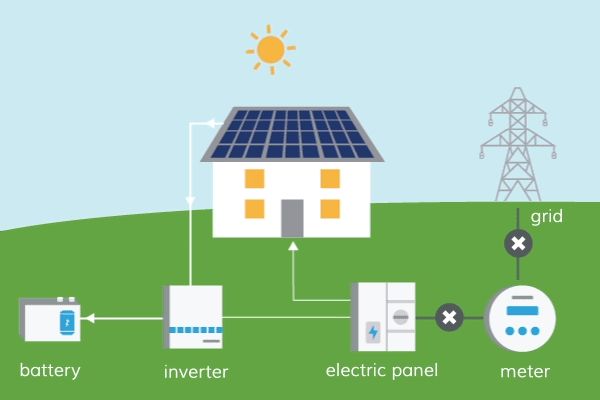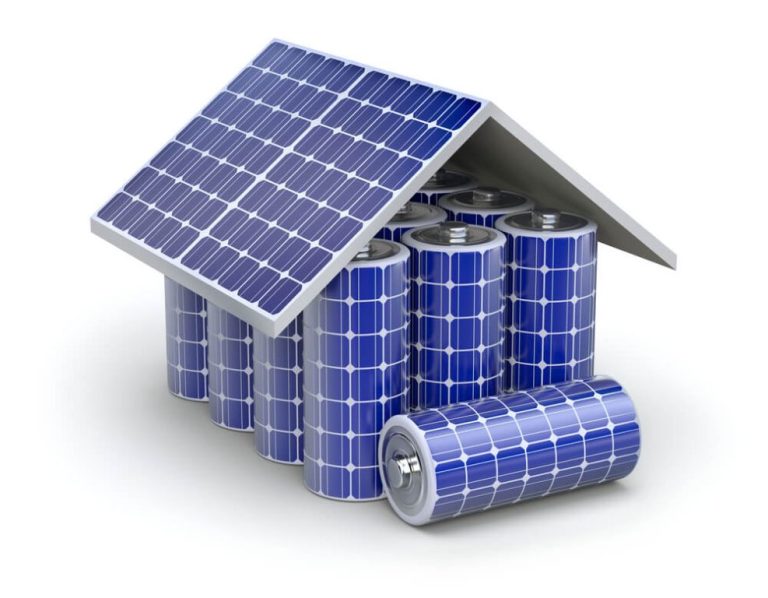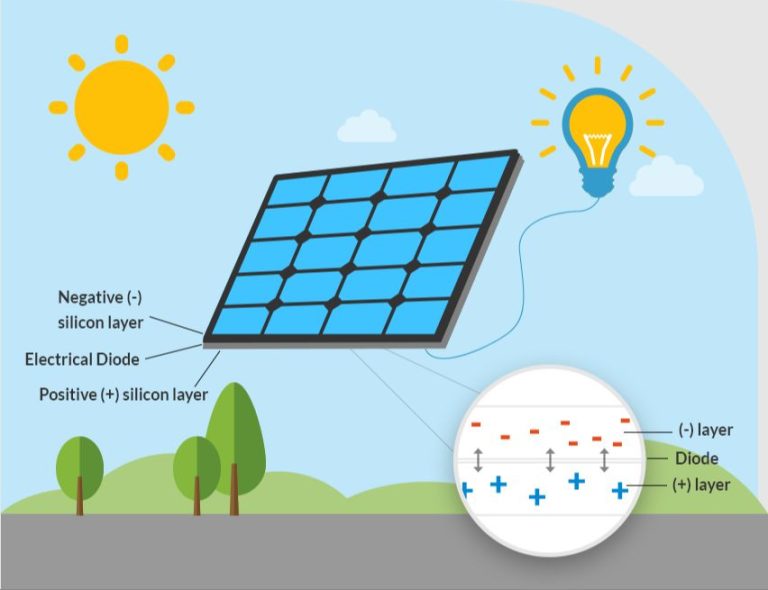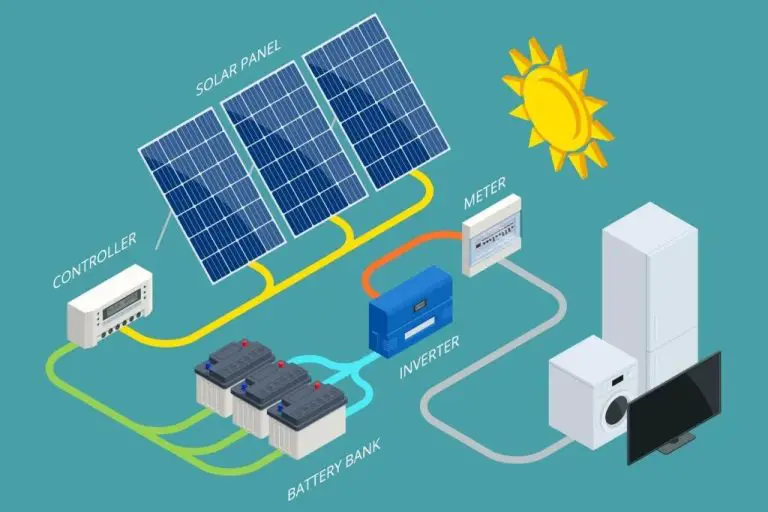Is Solar Worth It In Kansas City?
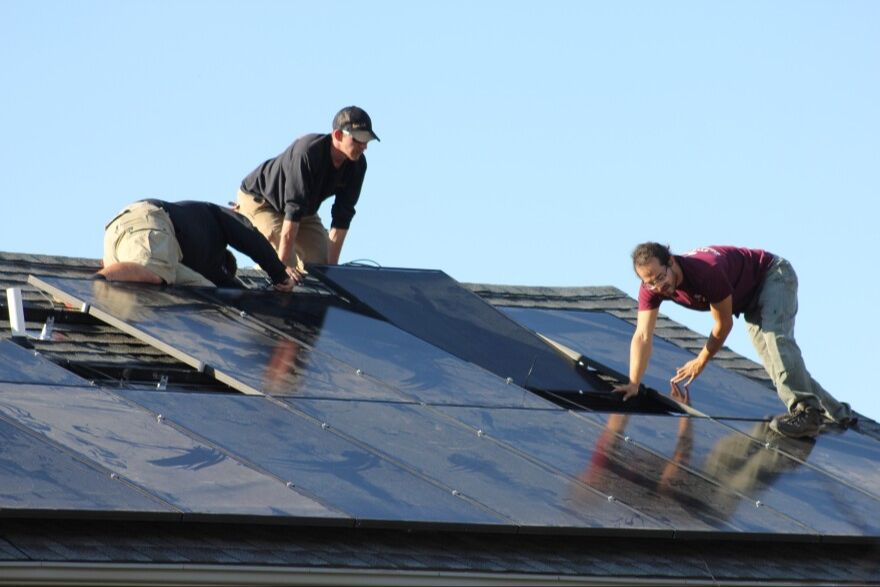
Kansas City has seen a major boom in solar energy adoption in recent years. According to Solar KC, the number of homes with rooftop solar panels has increased over 500% since 2015. With abundant sunshine and declining costs, solar power is becoming an increasingly attractive option for Kansas City homeowners and businesses looking to reduce their environmental impact and electricity bills.
Cost of solar panels
As of January 2024, the average cost to purchase and install solar panels in Kansas City, MO is about $2.80 per watt according to EnergySage. This means that for a typical 5 kW residential system, total costs range from $14,000-$16,000 before incentives.
Many homeowners in the area are paying between $2.50 to $3.50 per watt. According to EcoWatch, the final installation price can vary greatly based on factors like roof type, panel efficiency, and the complexity of the electrical work required.
While solar panel equipment costs have dropped significantly over the past decade, soft costs like installation and permitting fees can still drive up the total price. It’s important to get multiple quotes to find the best value when going solar in Kansas City.
Solar panel efficiency
Solar panels installed in Kansas City can generate a significant amount of electricity thanks to the city’s sunny climate. According to KC Solar (https://kcsolar.net/), the average solar panel system in Kansas City will produce about 1,300 kWh of electricity per kW of installed capacity per year.
For example, a typical 5 kW residential system would generate around 6,500 kWh annually. This is enough to offset a large portion of an average household’s electricity usage. Actual production will vary based on factors like panel orientation, shading, and local weather patterns.
Most solar panels installed today have efficiencies of 15-22%. Higher efficiency panels will produce more electricity in the same amount of space but tend to cost more. Working with a reputable local installer like KC Solar can help determine the right panel efficiency and system size to maximize production and return on investment (https://kcsolar.net/).
Net metering policies
Net metering allows solar panel owners in Kansas City to connect their panels to the grid and send excess energy back to the grid. The utility company, such as Evergy, then provides a credit on their electricity bill for the extra energy produced. This helps offset the cost of installing solar panels.
Kansas has mandatory statewide net metering rules overseen by the Kansas Corporation Commission. The rules state that utilities must offer net metering to customers until the total generating capacity of net-metered systems reaches 1% of the utility’s peak demand from the previous year. This cap ensures net metering stays available for customers.
Evergy’s net metering program in Kansas City provides bill credits at the retail rate. There is no aggregate capacity limit for residential systems under 25 kW. Excess credits can roll over month-to-month but are zeroed out annually. This helps solar customers maximize the value of their system.
Overall, Kansas City has favorable net metering policies that make going solar more affordable. The statewide rules combined with Evergy’s net metering program provide stability and benefits for rooftop solar owners.
Federal and local incentives
Kansas offers some attractive incentives for homeowners who install solar panels, helping reduce the upfront cost. The biggest incentive is the federal solar tax credit, which offers a 30% tax credit on the total cost of purchasing and installing a solar system. There is no maximum limit on the amount that can be claimed. This credit is scheduled to decrease to 26% in 2023 and 22% in 2024 before expiring entirely, so acting soon maximizes the savings.
At the local level, Kansas allows net metering for solar customers. This means that any excess solar electricity sent back to the grid results in a credit on your utility bill. The credits roll over month-to-month, helping offset costs at night or during low production times.
Some individual utility companies also offer rebates to reduce the upfront cost. For example, Evergy has previously offered a rebate of $0.75/Watt for installing solar, up to half the cost of the system. Check with your local utility provider to see what solar incentives may currently be available.
Electricity Bill Savings
According to Solar Planet Inc., installing solar panels in the Kansas City area can lead to significant savings on your monthly electricity bill. Their savings calculator estimates that a typical 5kW solar system in Kansas City can generate around 6,500 kWh of electricity per year [1]. This would offset about 50% of an average home’s electricity usage. With the average electricity rate in Kansas City being around 12 cents per kWh, a solar system like this could save a homeowner roughly $780 per year on their electricity bill.
Reviews of actual solar installations in the area confirm these types of savings. A homeowner in Prairie Village, KS reported saving $100 per month, or $1,200 annually, after installing their 7.2 kW solar system [2]. Another family in Overland Park, KS said their 5 kW system saves them $85-100 per month, or over $1,000 per year [2].
The amount of savings will vary based on factors like your actual electricity usage, system size, electricity rates, and more. But with the high costs of grid electricity, installing solar panels in Kansas City can lead to substantial reductions in your monthly utility bills.
Payback Period
The payback period refers to the amount of time it takes for a homeowner to recoup the costs of installing solar panels through energy savings. In Kansas City, most homeowners can expect a payback period of around 11-12 years (Source: https://www.ecowatch.com/solar/worth-it/ks).
This means that if you spend $20,000 to install a solar system, you would recoup that $20,000 through lower electricity bills after about 11-12 years. According to Energysage, the average payback period for solar panels in Missouri is 11.68 years (Source: https://www.energysage.com/solar-panels/mo/).
The payback period can vary based on factors like the size of your solar system, local energy rates, and available tax credits and incentives. But generally, you can expect solar panels in Kansas City to pay for themselves within around 11-12 years.
Environmental Benefits
One of the biggest advantages of solar power is its reduced environmental impact compared to fossil fuels. Generating electricity from solar panels creates no air pollution, greenhouse gas emissions, or waste products. According to KC Green Energy, solar energy helps purify our air by offsetting the need for fossil fuel power plants. Solar panels generate clean, renewable energy directly from sunlight, reducing reliance on coal, natural gas, and other polluting sources.
Specifically, solar energy can greatly reduce carbon emissions that contribute to climate change. The Union of Concerned Scientists estimates that each kilowatt-hour (kWh) of electricity produced by a rooftop solar system in Kansas City avoids emitting 1.37 pounds of carbon dioxide pollution. Over the 25+ year lifetime of a solar panel system, those emissions savings from displacing fossil fuels can really add up. According to the EPA, solar energy in the U.S. avoided over 50 million metric tons of carbon dioxide emissions in 2019 alone. Going solar allows homeowners and businesses to meaningfully reduce their carbon footprint.
Maintenance Costs
The annual maintenance costs for a residential solar system in Kansas City averages between $300 and $700 per year, with most homeowners paying around $400 for the cleaning and inspection of a typical 10-panel, 2 kW system according to Solar Panel Maintenance Cost Guide. This covers the cost of having a technician perform an inspection once a year and clean the panels as needed. The main maintenance required is keeping the panels clean of debris, dust, snow, and other accumulations that can reduce their productivity. Panels may need to be wiped down or sprayed off with a hose. Wiring and connections should also be inspected for damage or wear and tear. Overall, solar panel systems tend to have very low maintenance needs compared to other energy systems.
Conclusion
When weighing the pros and cons of installing solar panels in Kansas City, the decision ultimately comes down to your financial situation and priorities.
On the pro side, solar panels can lead to significant electricity bill savings over time, make you more energy independent, reduce your carbon footprint, and potentially increase your home’s value. The 30% federal tax credit along with additional local incentives can offset a portion of the upfront installation costs.
However, with Kansas City’s low electricity rates and lack of strong net metering policies, the payback period can be over 10 years. This means you need to plan on staying in your home for a while to realize the full economic benefits. Maintaining the solar array will also require some ongoing costs.
Overall, solar power can be worth it in Kansas City if you have the budget and desire to make a long-term investment in renewable energy, not just for the financial return but for the environmental benefits. For many homeowners, the decision comes down to their financial priorities and eco-conscious values more than money savings alone.


